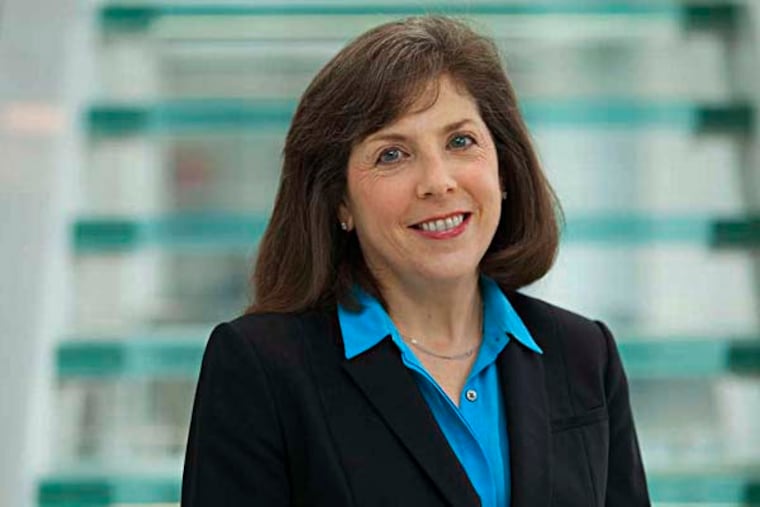Banks continue shameless overdraft-fee abuses
Even when she goes to the movies, Susan Weinstock was saying, she can't get away from a topic that has possessed her work for much of the last four years:

Even when she goes to the movies, Susan Weinstock was saying, she can't get away from a topic that has possessed her work for much of the last four years:
Many banks' shamelessly opportunistic overdraft fees.
Weinstock, director of the Pew Charitable Trusts' consumer banking project, had just seen Bill Murray portray a grizzled war veteran in St. Vincent - his usual charming misanthrope. Between scenes of Murray's misdeeds, he's the victim of one himself: He can't shut a bank account because he owes $112 in overdraft fees.
For me, another Bill Murray movie came to mind as Weinstock and other experts spoke about overdrafts last week at a Consumer Federation of America gathering: Groundhog Day, in which Murray's character keeps reliving the same old script.
I've written about overdraft-fee abuses for more than a decade, including a series of columns about "the $40 hoagie" or "the $38 cup of Starbucks coffee." Four years ago, I thought the Federal Reserve had finally vanquished the topic. Boy, was I wrong.
Yes, the Fed had finally accepted the obvious from years of accumulating evidence, and decreed that consumers should have to affirmatively agree - or "opt in," in legal lingo - if they wanted to purchase those absurdly pricey cups of pumpkin spice latte with their debit cards even when the orange brew pushed their bank balances into the red. And yes, many just said no - the advice I gave incessantly, like consumer advocates everywhere.
But a series of studies since and recent data on bank revenue show that the new rules have had limited success.
About a quarter of all banks and credit unions, led by the giant Bank of America, have quit offering the inaptly named "courtesy overdrafts" on debit purchases and ATM withdrawals. If you try to pay for something now with a Bank of America Visa Check Card and without available funds, it will simply be declined.
But many other banks are as addicted as ever to the fees. The industry took in about $32 billion in revenue last year from overdrafts and related fees, according to Moebs Services, a banking consultant. That was down from $37 billion in 2009, but economist Mike Moebs says the fees still represent more than three-fourths of all deposit-account service fees at banks he tracks.
Pew's latest survey on overdrafts found evidence similar to data reported last year by the Consumer Financial Protection Bureau. About three in four account-holders don't pay any overdraft fees, the CFPB found. But those who do are hit hard - paying an average of $225 a year in fees because of them.
Is there an answer to this? When it announced its new rules in 2009, before the CFPB was born, the Fed resisted what many have argued is an obvious fix: declaring debit-card overdrafts to be credit, and regulating them under the Truth in Lending Act's stricter standards.
According to the CFPB, the median debit overdraft triggering a fee is $24, and a positive balance is typically restored within three days. If a bank charges a $35 fee, Weinstock says, that's like getting a short-term loan at an astounding 17,000 percent annual rate.
Weinstock and Sarah Ludwig, from New York's New Economy Project, suggested that consumer confusion may be fueling the fees, which fall heavily on younger and poorer consumers and on minorities. As Weinstock noted, the Fed's "safe harbor" opt-in form bizarrely allows banks to refer to debit overdrafts as part of "standard overdraft practices."
Ludwig's group recently joined in a "mystery shopper" survey at 39 bank branches in four states. Bankers' explanations were "completely inconsistent and confusing," and often incorrect, she said. Some bank reps even told the shoppers that overdraft "was a great way to avoid fees."
Ludwig suspects some of the confusion is intentional - a notion fueled by vast differences, by as much as 40 percentage points, among banks' opt-in rates.
She may be right - big money is an obvious motive. But to me, the key point in this debate is one I heard from reader a decade ago. On a budget, she'd switched to a debit card from a credit card because she wanted to spend her money, not her bank's.
What right, she asked, do the banks have to blur that line?